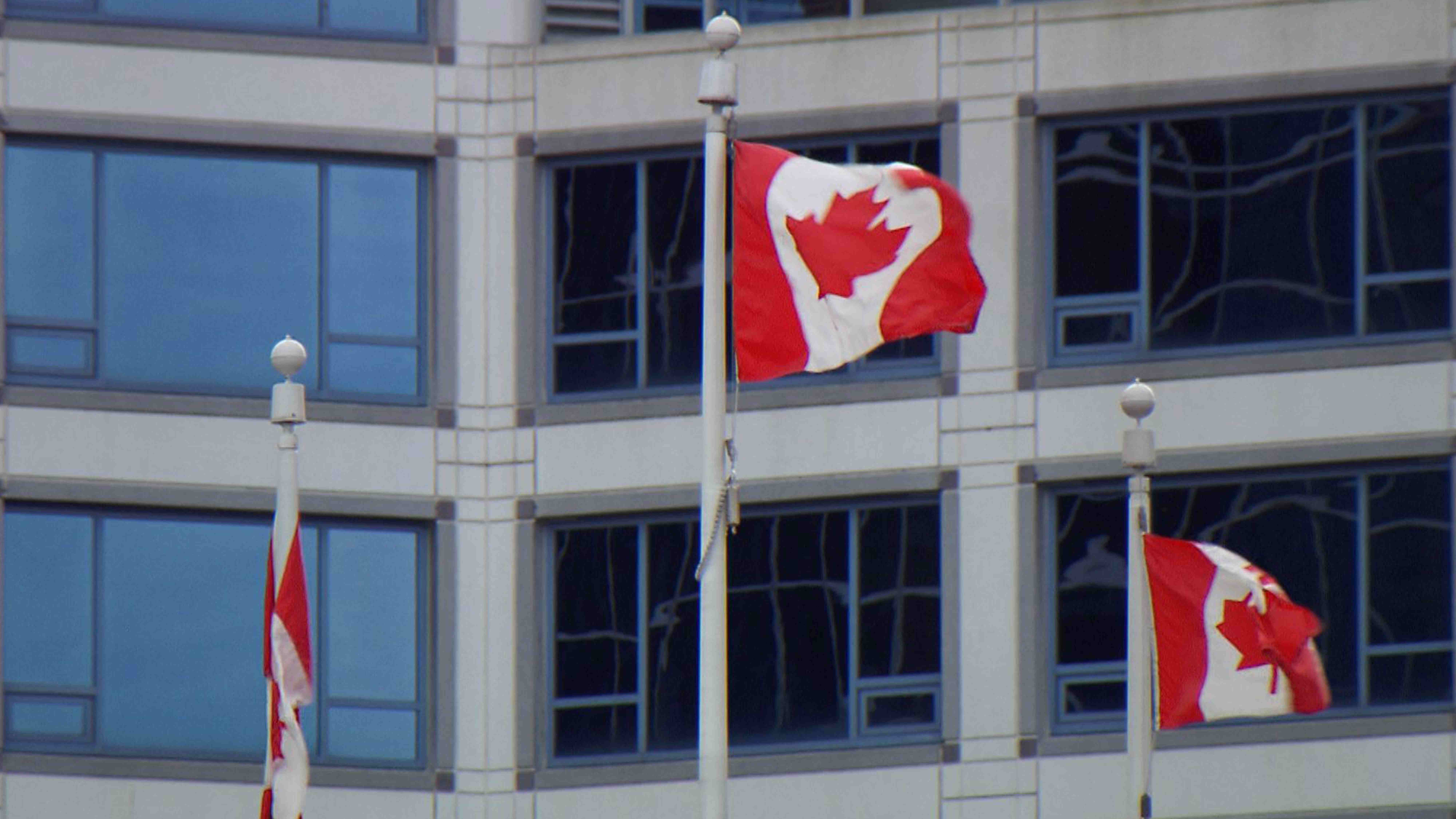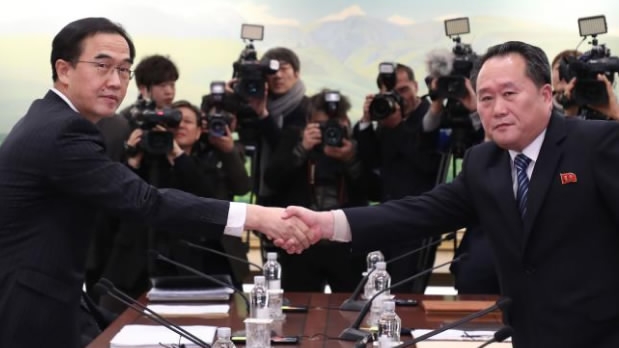
Politics
13:02, 16-Jan-2018
Critics: Vancouver meeting on Korean Peninsula tension is wrong approach
By Roee Ruttenberg

Top diplomats from Canada, the United States, South Korea, Japan and more than a dozen other countries are gathering in Vancouver for a conference aimed at curbing the nuclear ambitions of the Democratic People’s Republic of Korea (DPRK).
On Monday night, Canadian Foreign Minister Chrystia Freeland and her conference co-host Rex Tillerson, the US Secretary of State, welcomed delegates at a private dinner reception. The Canadian Defense Minister Harjit Singh Sajjan and his American counterpart, the American Defense Secretary Jim Mattis, also attended.
Before the dinner, Freeland held separate bilateral talks with her Japanese and South Korean counterparts. The three were scheduled to join the US's top diplomat for four-way talks late Monday evening, ahead of Tuesday's conference.
The Vancouver meeting comes amid increased tension between Pyongyang and Washington. US President Donald Trump has been leading a global campaign to contain the DPRK's nuclear and missile programs.

DPRK and South Korea agree to discuss military following Olympics talks. /AFP Photo
DPRK and South Korea agree to discuss military following Olympics talks. /AFP Photo
In recent months, the DPRK has defiantly test-fired more and more missiles. It's leader Kim Jong Un has threatened to strike the US mainland if provoked. Just days ago, in Hawaii, a false incoming missile alarm caused widespread panic across the island state. But residents and tourists say the fear was very real.
One Canadian official said the Vancouver talks would focus on ensuring the unified implementation of sanctions levied on the DPRK by the UN Security Council. But some have warned Pyongyang may see such a move as a blockade, and interpret it as an act of war.
Trump has been pressing Beijing, the DPRK's biggest trading partner, to in turn press Pyongyang. But the American leader has also warned that the US would attack the DPRK if necessary.
Last week, representatives from both the Democratic People's Republic of Korea (DPRK) and the Republic of Korea (ROK) met for the first time in two years. The move surprised many Korea watchers, who said it suggested that diplomacy may have a chance.
Unlike Seoul, Pyongyang was not invited to attend the Vancouver conference. The participants largely represent so-called "Sending States," meaning countries that sent forces in support of the South’s fight against the DPRK during the Korean War in the 1950s. It includes France and the United Kingdom, but also countries like Colombia and Greece.
"We will use this gathering as an opportunity to advance our work on diplomatic efforts towards a more peaceful, prosperous and nuclear-free future of the North Korean peninsula," said Freeland, when she announced the conference in December. "[We will] demonstrate international solidarity in our condemnation of North Korea's actions."

/CGTN Photo
/CGTN Photo
After meeting with Freeland in Ottawa last month, Tillerson said the Vancouver conference was about sending a unified message from the international community.
"We will not accept you as a nuclear nation - a nuclear weapons nation," Tillerson said. "All of us share one policy and one goal," he added. "I urge the full complete verifiable denuclearization of the Korean Peninsula."
Noticeably absent from this week’s gathering are Russia and China. Both border the DPRK, and both have veto power on the UN Security Council.
On Monday, Russia called the Vancouver meeting "destructive." It denied that it supported the process, as some Western officials suggested.
For its part, Beijing refused to confirm if it was even asked to attend. "Whether Canada has invited us is not important," said Lu Kang, a spokesman of the Chinese Foreign Ministry. "In a context that all relevant parties are proactively discussing how to properly handle the Korean Peninsula issue," he said, "it is strange that some relevant parties are using Cold War approaches."
Lu noted, "China believes such a meeting is meaningless and we are resolutely opposed to it."
China believes the best way to deal with the tensions on the Korean Peninsula is via the UN Security Council and the Six-Party Talks, which included both Pyongyang and Seoul. Beijing hosted the talks until they broke down nearly a decade ago.
Conference critics, including attendees Japan, say the so-called "Vancouver Group" approach may not be relevant if the relevant players are not in Vancouver. The burden now is on the hosts to prove otherwise.
8529km

SITEMAP
Copyright © 2018 CGTN. Beijing ICP prepared NO.16065310-3
Copyright © 2018 CGTN. Beijing ICP prepared NO.16065310-3